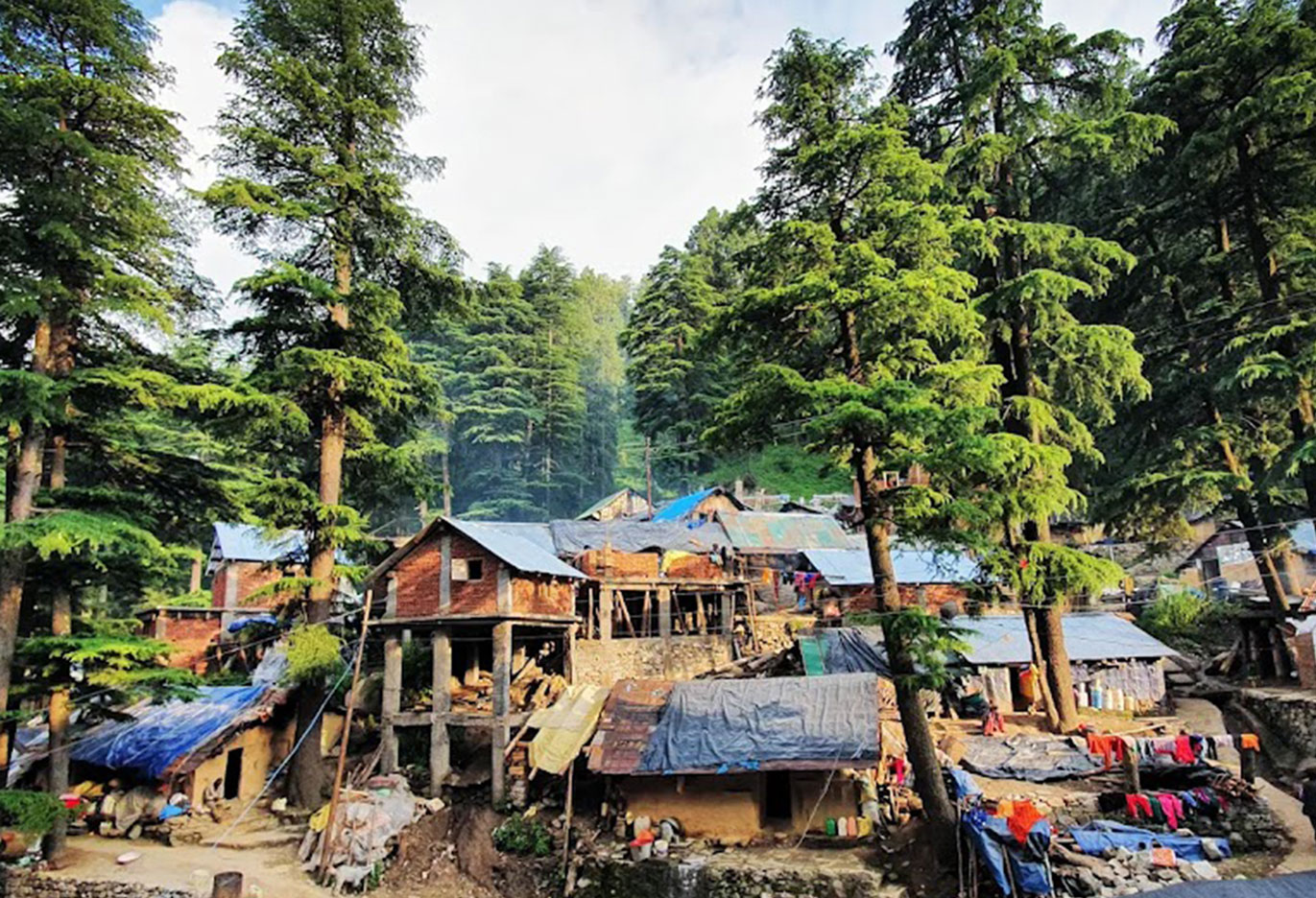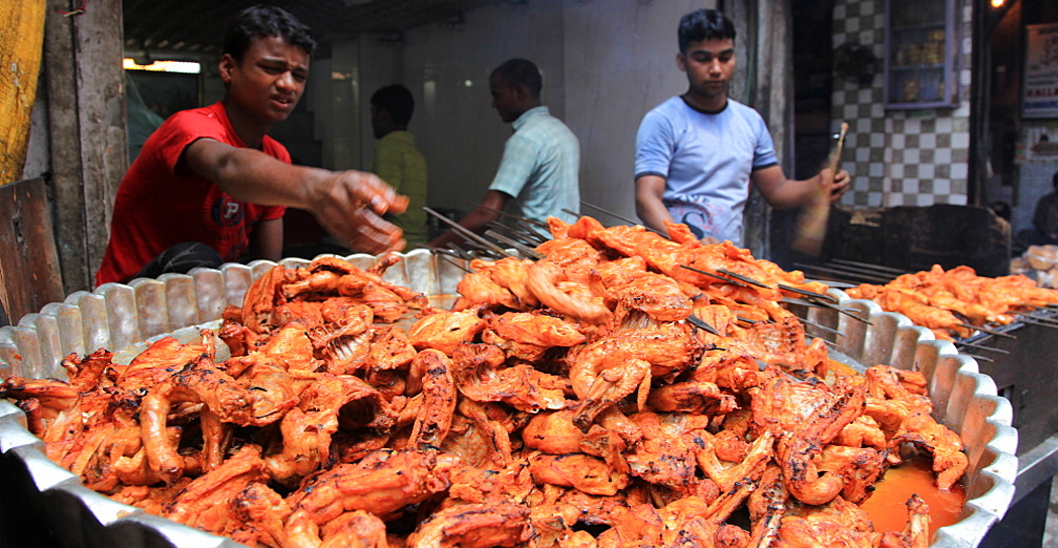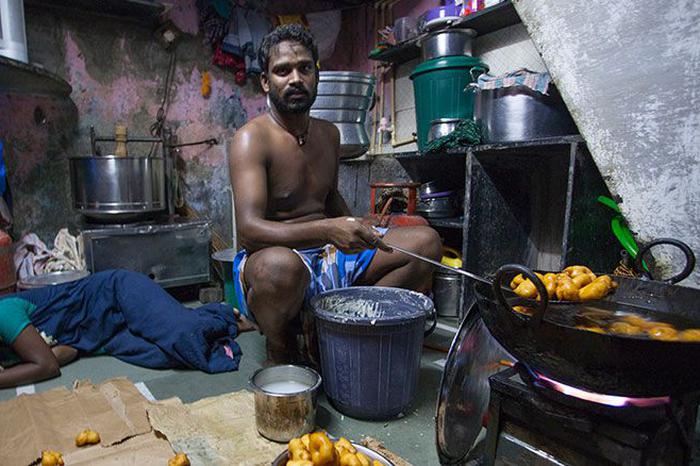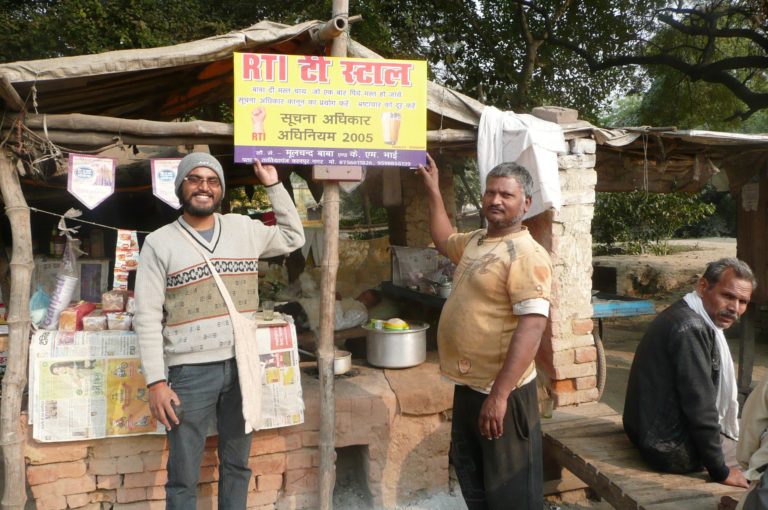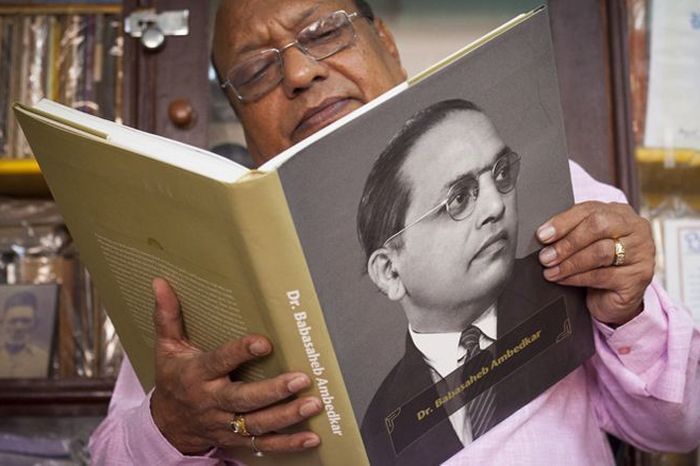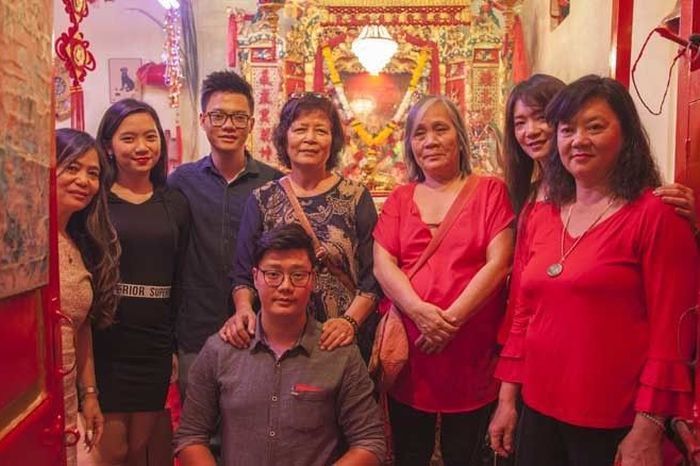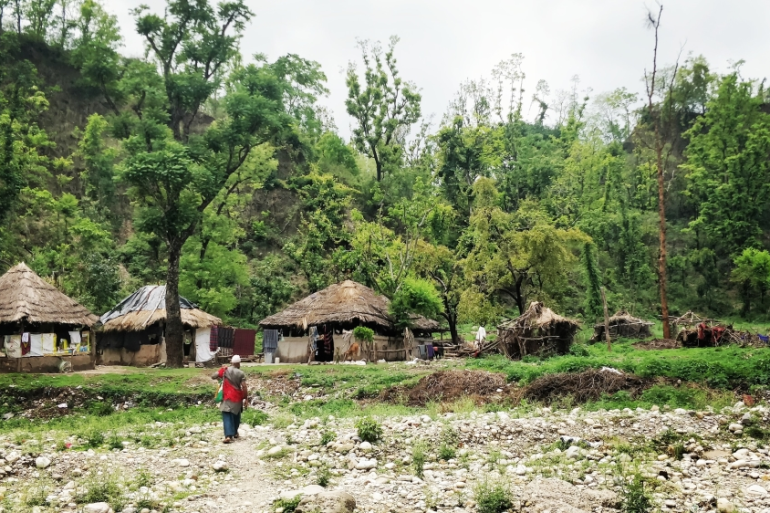Bombay’s Sion Koliwada Colony Thrives On Partition Stories And Punjabi Food -101India
here’s more than a family recipe behind their tandoori chicken. It was the summer of 1945. As the country burgeoned with political movements and struggled for freedom from the Raj, a young Sikh boy wished for his own kind of independence. 14-year-old Gurunam Singh lived on the fringes of Sialkot in Punjab (now Pakistan). The rebellious son of an affluent farmer, Gurunam decided to run away one day after an incident with his father. “Mere baap ne mujhe ghumake laafa maara,” (My father thrashed me for some mischief) he recalls. After telling his mother he was going to stay with a relative, he arrived in Amritsar on a train.
Inside The World Of Dharavi’s Idli-Makers – Homegrown
It is 2:46 AM on a dark, windy night, and for a city that never sleeps, Dharavi is eerily silent. There’s a slight drizzle keeping us awake very much like the suspicious gaze of the street dogs that guard the dimly lit lanes. The only sound is that of the leaves swaying in the wind and our own footsteps until they are interrupted by a deep, muffled voice.
Would You Like A Cup Of Tea With Your Government Accountability? – Study Hall
On a windy October afternoon in 2013, then-25-year-old Krishna Murari Yadav stood nervously beside the tea stall that he had set-up at a prime location in the small village of Tatiyaganj, just outside Kanpur City in the northern Indian state of Uttar Pradesh. The odds of success seemed to be assured; India is a chai loving country after all. Still, he was anxious.
Intimate Pieces Of BR Ambedkar’s Life Are Alive & Well In Kalyan – Homegrown
“They cannot make history, who forget history.” B.R. Ambedkar’s words resonate well with the work of Vijay Surwade. A 63-year-old retired bank manager, he has dedicated almost his entire life to collecting old photographs, letters, books and memorabilia of, for, and by Ambedkar. A humorous, witty and well-read man, I catch up with him one afternoon at his cosy Kalyan residence.
The forest-builders of India’s Shivaliks – Al Jazeera English
Uttarakhand and Uttar Pradesh, India – On a cool October evening in 1970, Bidawadi, then 21, was heading home after a day of planting trees in the forest when she received some bad news: a leopard had killed her buffalo. For her family, this would mean the loss of a secondary but crucial source of income —
A New Martial Art Keeps Cult Leader’s Teachings Alive – OZY
Shortly after then-president of the Indian Olympic Association, Suresh Kalmadi, was arrested in 2012 for money laundering in the Commonwealth Games, tae kwon do coach Umesh Rohit broke away from the sport’s governing federations. The reason was one that had long plagued India’s sports bodies: scams and corrupt politics.
The Last Of Mumbai’s Vanishing Chinese Community -Homegrown
“Yahan pe Chinese log kahan rehte hain (Where do Chinese people live here)?” I ask an old, shabbily-dressed man sitting on his haunches beside a tea stall, sipping on chai in the bustling by-lanes of Mumbai’s Kamathipura. “Chini log rehta tha pehle, ab sab chala gaya (They used to, now they have all gone away),”
‘Guests in our own homes’: The forest tribe of India’s Himalayas – Al Jazeera English
Uttarakhand, India – On a cloudy summer afternoon in the Shivalik forest, Jumman is sprawled on a charpoy, enjoying the monsoon breeze. His grandchildren have taken the cattle to graze in the forest, while his sons have moved up to the mountains near Uttarkashi, hoping to escape the heat.
